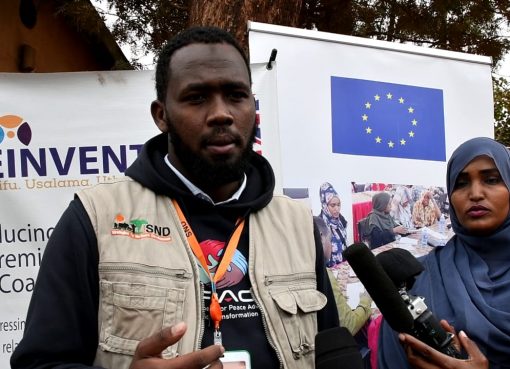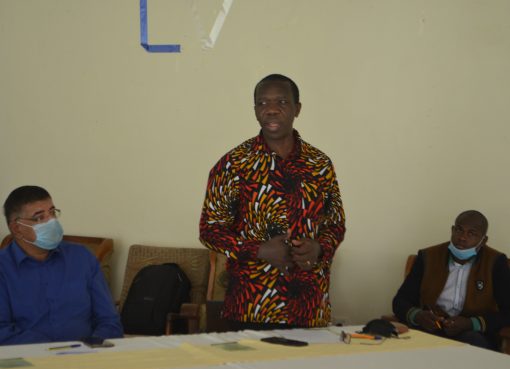The albino community has acknowledged that they are increasingly being recognised in the country, by notable businesspeople, government officials, and experts in various fields as they commemorated International Albinism Awareness Day at the Mama Ngina Water Front, Mombasa.
Alex Munyere, the Collaborative Manager of the Government Programme for People with Albinism, commonly known as Albinism, Sunscreen, and Support Programme, said that the Albinism community is celebrating the benefits they have gained in the country, citing the great example of the Government’s Spokesperson Isaac Mwaura, who is currently in New York representing the Government on the Convention on the Rights of Persons with Disabilities.
Munyere said the National Council for Persons with Disabilities is committed to promoting the rights and inclusion of persons with disabilities, including those with albinism.
“Today marks the 10th anniversary of our decade-long effort to raise awareness worldwide, following the designation of this day by the United Nations,” Munyere said.
“We have had two weeks dedicated to screening people for skin cancer, which is the leading cause of death among individuals with albinism. In response, the government initiated this project to purchase sunscreen, distributing it to all national hospitals through KEMSA to protect our people from harmful sun rays,” he added.
However, Munyere pointed out that individuals living with albinism face daily challenges, including significant societal stigmatisation. This stigma often manifests in various forms of discrimination and prejudice, affecting their mental and emotional well-being.
People with albinism may be subject to unfounded myths and misconceptions about their condition, leading to social exclusion and a lack of understanding from the broader community. This pervasive stigma not only isolates them but also hinders their access to education, healthcare, and employment opportunities.
He added that people with albinism still face difficulties in earning a livelihood due to the severe challenges posed by sun exposure.
“Additionally, we have encountered cases of employers who still do not accept that individuals with albinism can be employed, especially in front-office positions. Many are hired for back-office roles to avoid presenting an image of disability in their institutions,” Munyere noted.
Munyere acknowledged that they have not yet achieved their goals of mainstreaming individuals with albinism fully into society, but the government’s support is helping them make steady progress. He highlighted that initial steps have been taken to increase awareness about albinism and dispel misconceptions that have led to stigma and discrimination.
Halima Nyamawi, a mother of three children living with albinism, highlights the significant challenges faced by individuals with this condition within society. One of the primary issues is the lack of a reliable source of income. This difficulty arises because, due to their heightened sensitivity to sunlight, it is often unsafe to bring children with albinism outside during the day, limiting their opportunities for employment and participation in daily activities.
Additionally, she noted that people with albinism frequently experience social isolation, further exacerbating their hardships. This marginalisation is compounded by insufficient financial support from relevant organisations, which leaves families like Halima’s struggling to provide adequate care and resources for their children.
These interconnected issues underscore the urgent need for more comprehensive support systems and greater societal inclusion for individuals with albinism, as well as the urgent need for public education and advocacy to promote acceptance and inclusion for individuals with albinism in all aspects of society.
“As parents of kids living with albinism, most of us suffer abandonment from our partners upon delivering an albino child. The albino kids also suffer from isolation from society, as well as a lack of funds to cater for their basic needs since the funds allocated for albinism sometimes don’t end up in our hands as per the law,” Halima said.
By Fatma Said and Nuru Soud





